AARP Hearing Center


Nothing is better than an excellent night’s sleep, and good sleep is one of the cornerstones of good physical and mental health. Yet after age 50, many of us struggle to feel well rested.
“You don’t have to have a primary sleep disorder to have less than optimal sleep quality,” says Vijay Ramanan, M.D., a neurologist at the Mayo Clinic. “A range of things, from lifestyle during the day to routines at night, can have a big impact. The great thing about lifestyle modifications is that they are in our hands.”


AARP Membership— $12 for your first year when you sign up for Automatic Renewal
Get instant access to members-only products and hundreds of discounts, a free second membership, and a subscription to AARP the Magazine.
Here is our guide to achieving your best sleep.
Sleep in the dark
Your body’s sleep habits usually operate on a circadian rhythm, which is heavily influenced by the light/dark cycles of the sun. Darkness is best for firing up the body’s production of melatonin, a sleep hormone that dwindles as we age. You can also ease into sleep with low lighting for a couple hours before bed. Use light-blocking curtains or an eye mask to keep light out of your eyes at night.
Create a sleep sanctuary in your bedroom
Pajamas and bedding should be made of natural fibers to help with body temperature, which naturally drops when you sleep. Turn the heat down or keep a fan running if you feel hot. Fans can also provide white noise, which some feel helps them fall asleep. Use a pillow that supports your neck as well as your head to avoid waking up sore.
Put away screens at least an hour before bed
The blue light radiating from digital devices affects melatonin production. Instead, read a book, do some relaxing breathing or meditate before bed to calm your body and mind.
Maintain a consistent schedule for going to bed and waking up
Your circadian rhythm likes a set schedule. One hour’s difference is about all you can change when you rise or sleep without affecting your overall rest quality. Adults over age 50 need at least seven hours of sleep daily, so factor that in when you’re planning activities.
“Routine helps our sleep-wake cycle. If someone is waking at different times each day, it’s likely they will struggle to fall asleep or maintain sleep throughout the night,” writes Kristen Casey, a licensed psychologist and insomnia specialist in Kansas City, Missouri, and author of the book The Insomnia Doc’s Guide to Restful Sleep.


























































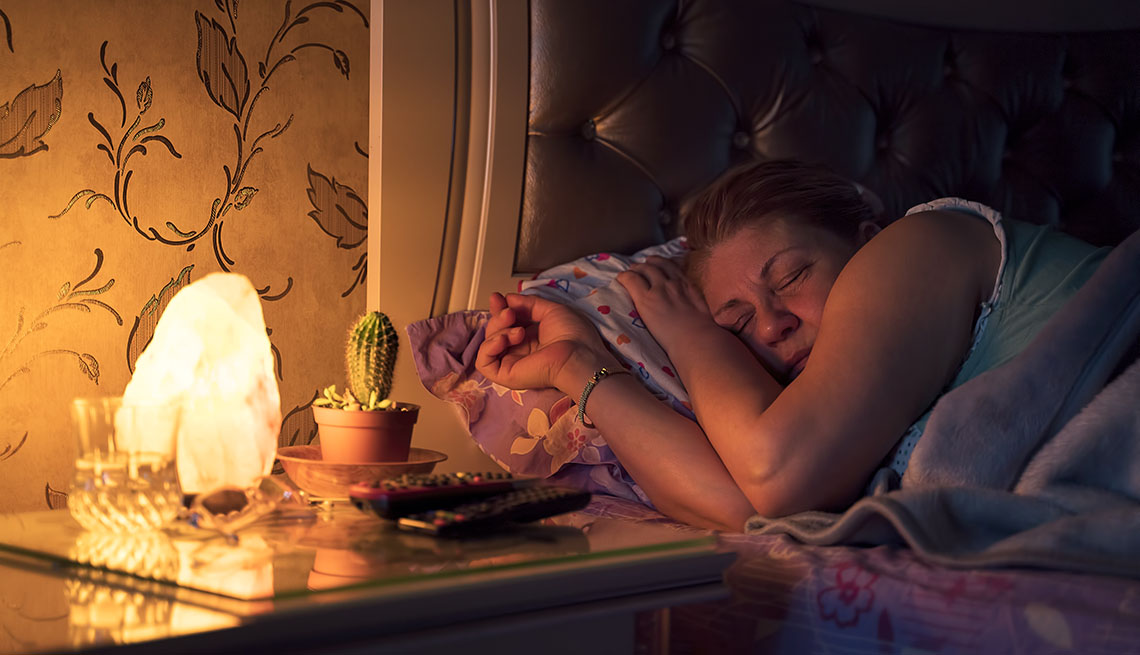
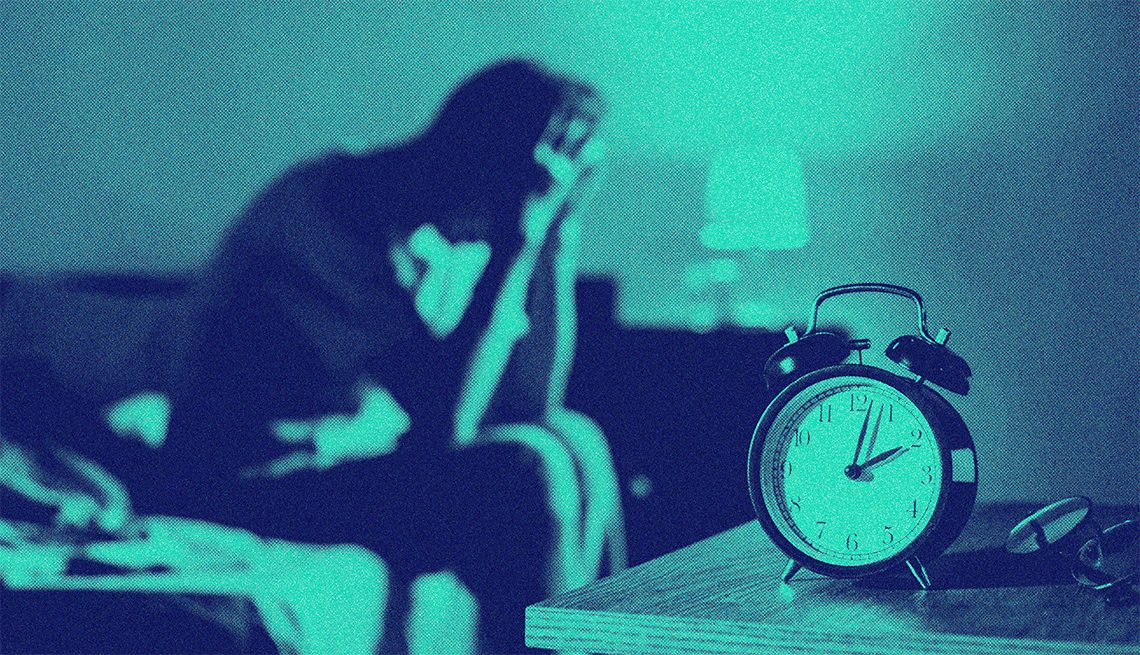

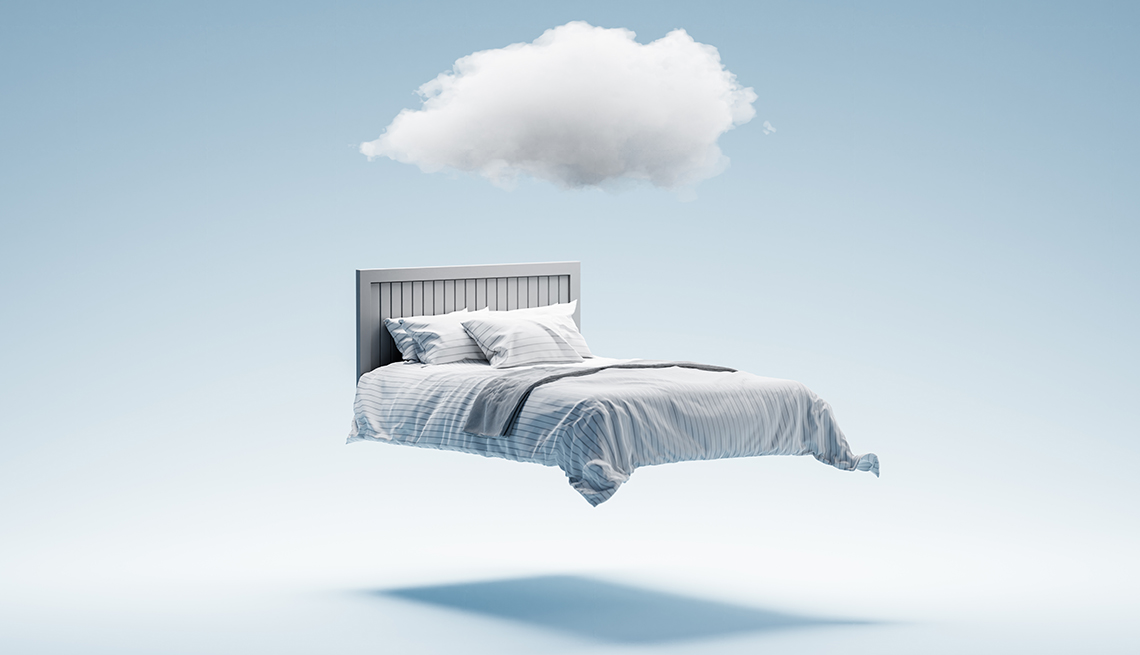


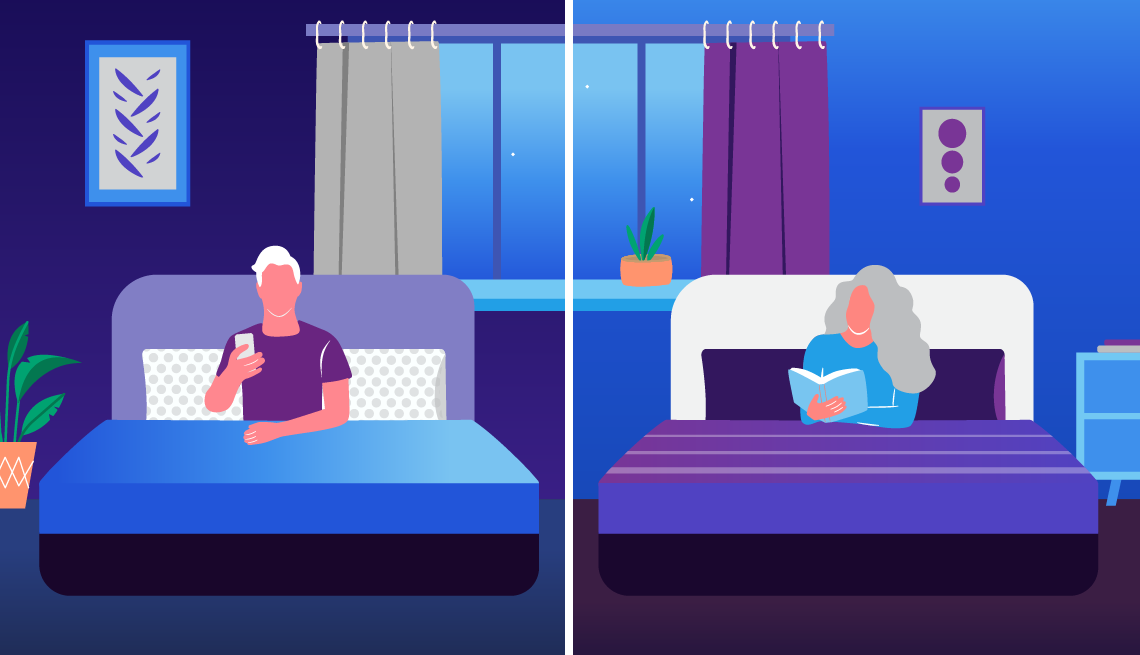
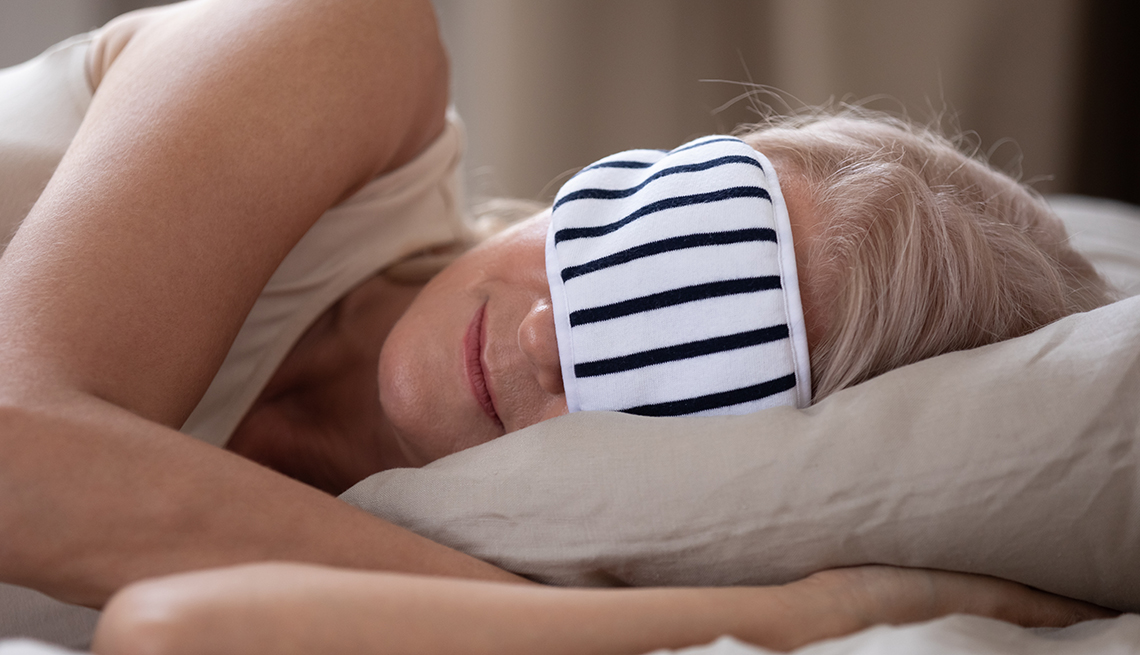


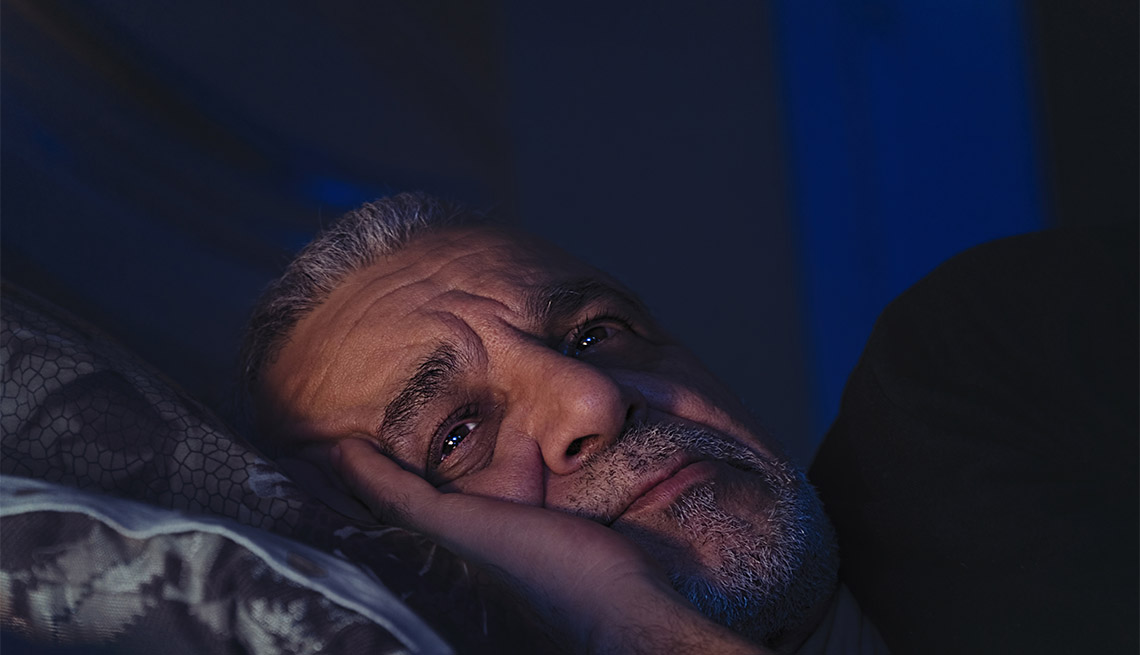
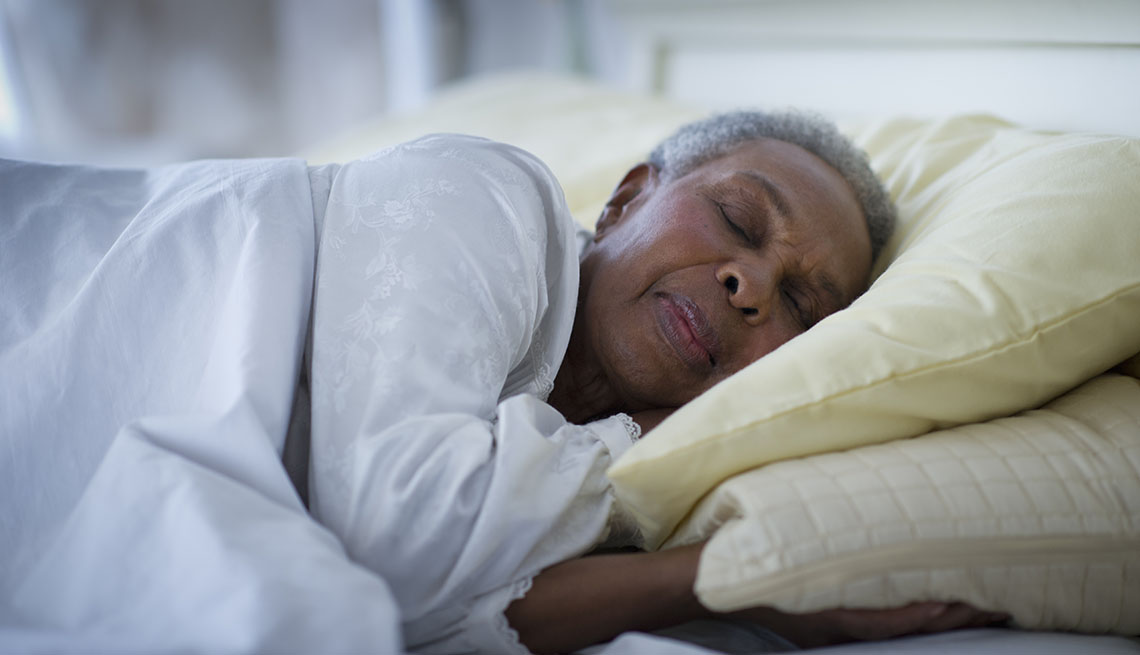
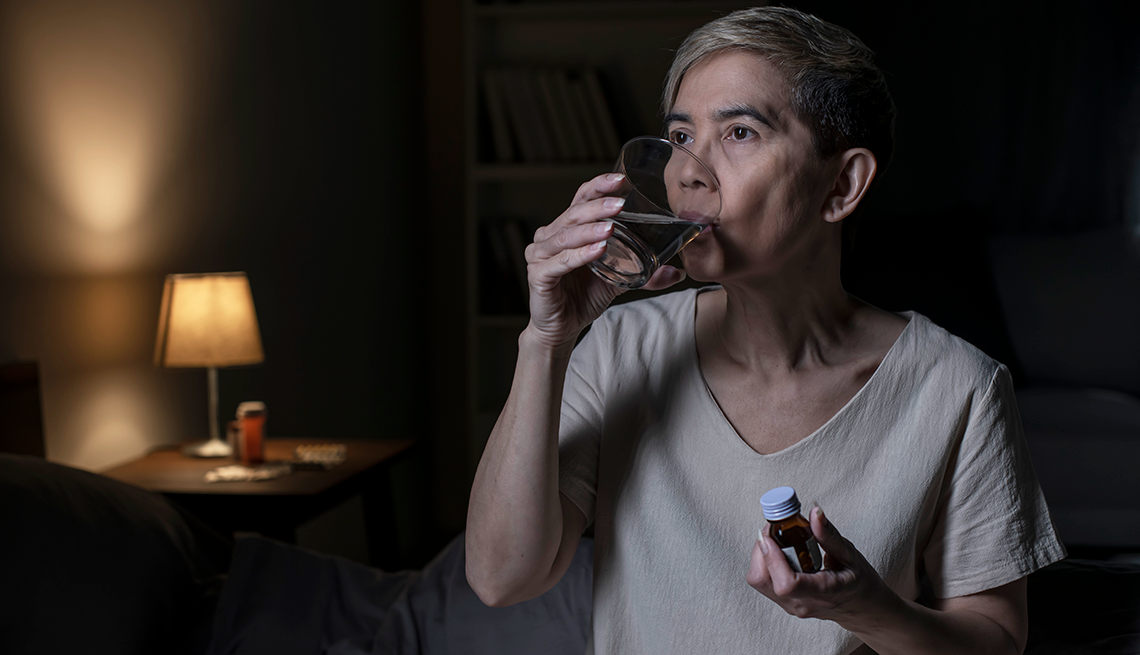


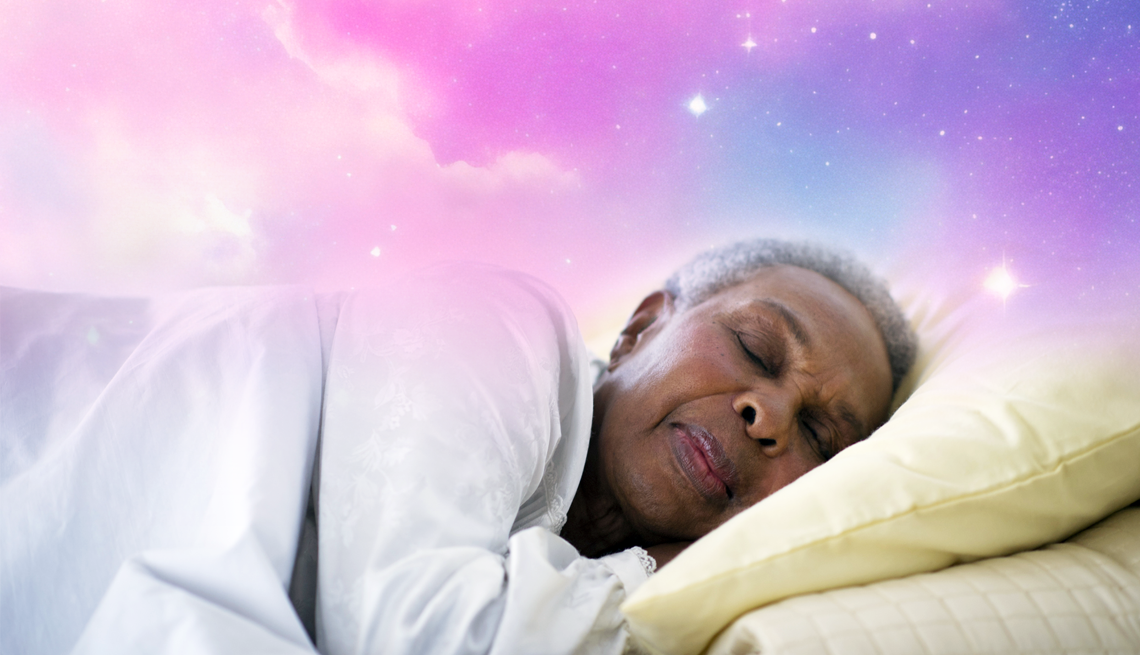

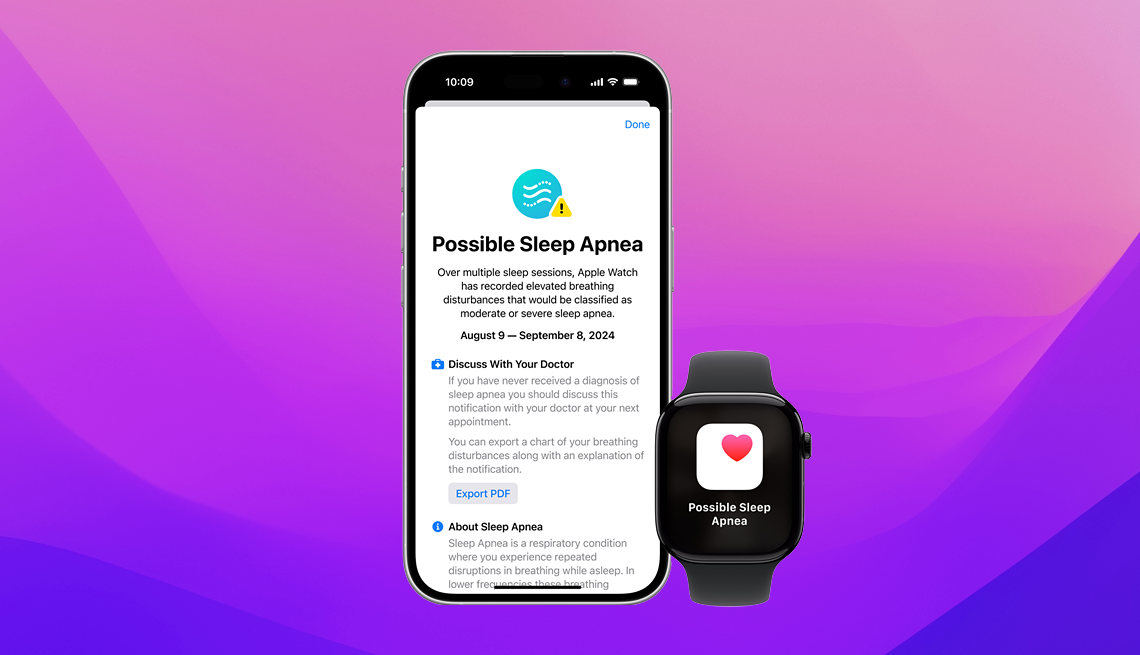

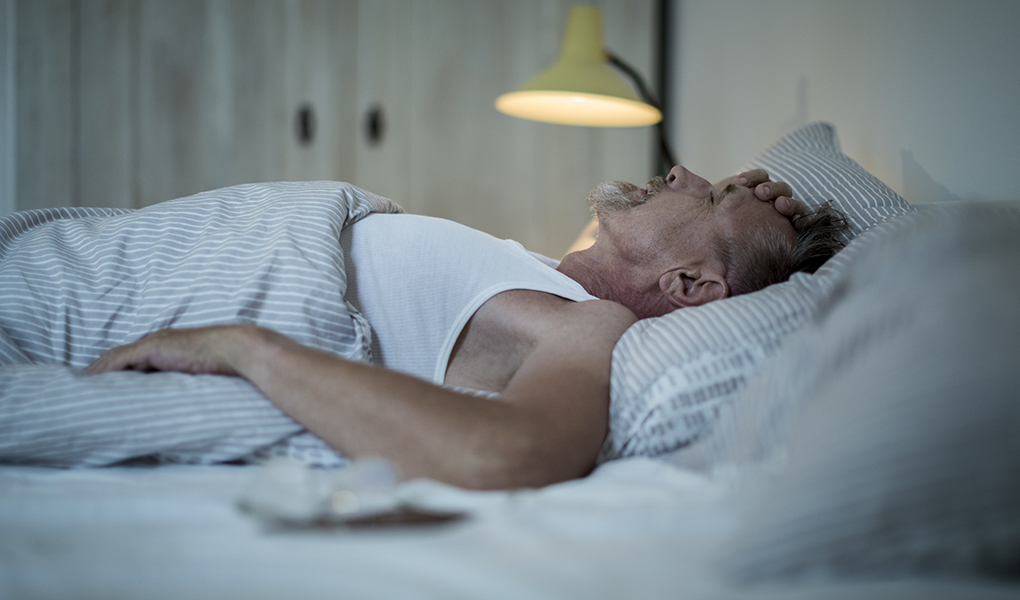
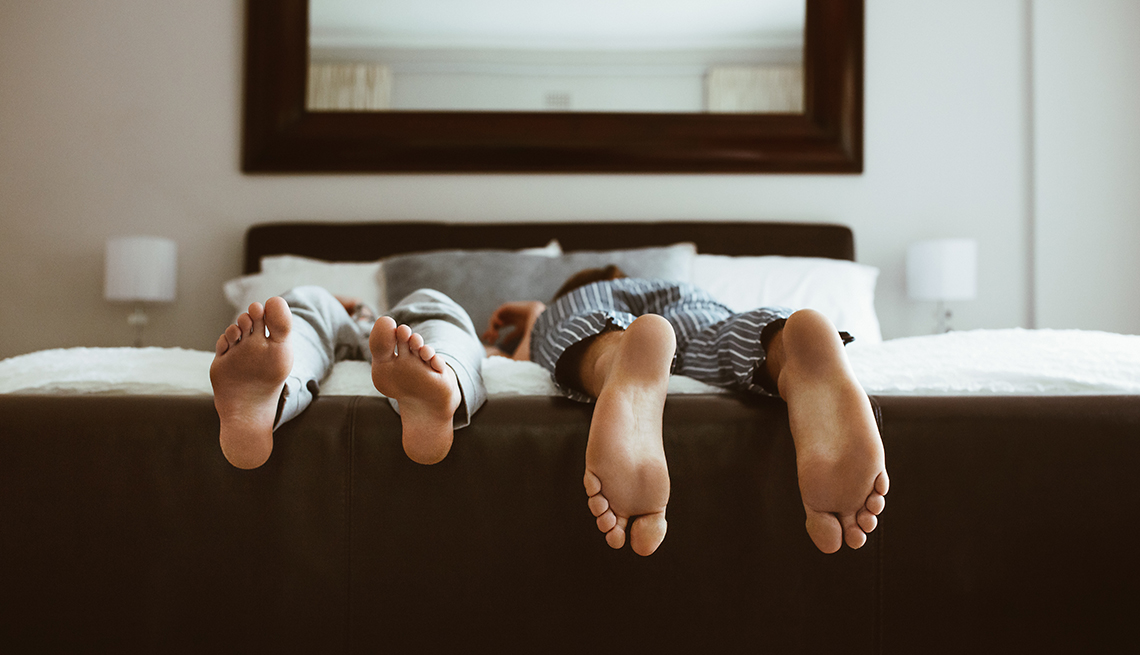




More From AARP
Is Bad Music in the Ears of the Beholder?
Why I believe Los Angeles Metro gets it wrong by trying to solve its homeless problem with nonstop classical musicMeet the World’s Oldest Practicing Physician
At 100 years young, Dr. Howard Tucker offers advice on living a long life
Travel-Hacking Queen
How to get from here to there without spending a dime